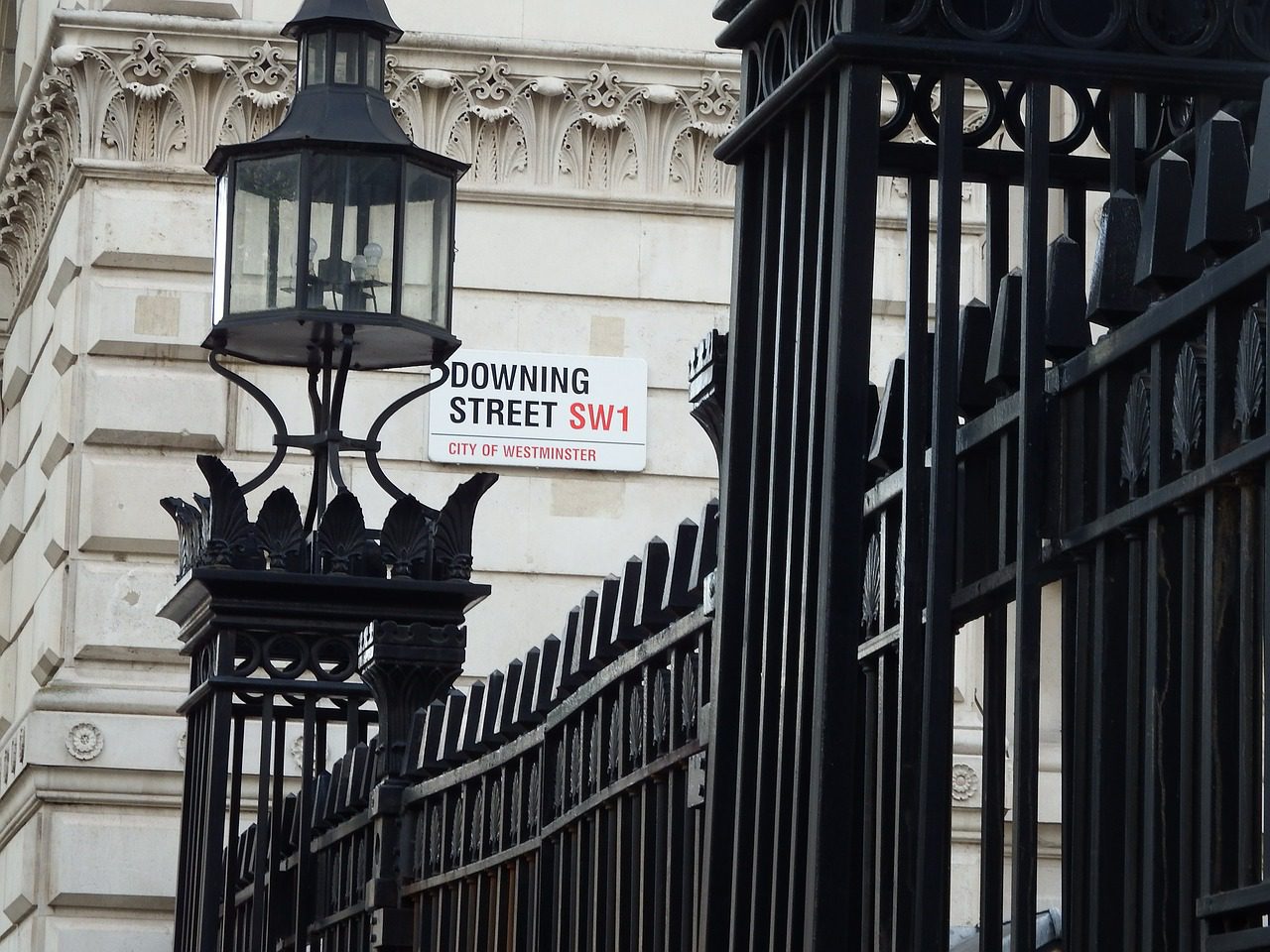The results of the December 2019 general election are in, with the Conservatives winning the majority. Let’s look at what this means for housing…
Boris Johnson is today enjoying his landslide victory after winning the largest Commons majority since 1987. The party gained 47 seats bringing their total to 364, while the Labour suffered major losses – down 59 seats to 2013.
On the back of the result, Labour leader Jeremy Corbyn has said he will not stand as leader for another general election, although when he will stand down is uncertain.
What the result will mean for the housing market remains to be seen, but the additional certainty and clarity over the country’s political stance going forwards seems likely to provide a boost for the sector in the coming year.
Getting Brexit done
Arguably one of the biggest deciders in the election outcome has been Brexit. Boris’s “Get Brexit done” campaign has proved popular among the electorate. People across the UK were becoming increasingly jaded with the stalemate with the EU, and Boris’s simple slogan successfully cut through this.
As far as the housing market is concerned, the Conservative majority is likely to give people the assurance they needed that things are not about to drastically change with a new government. As such, buyers and sellers who were holding off for the result are likely to now begin to move again. Further to this, developers are optimistic that the added certainty to the market means they can move forward with more confidence, boosting the country’s housebuilding aims.
Help to Buy extension
In the Conservatives’ manifesto, they pledged to extend the Help to Buy scheme from 2021 to 2023. While the Help to Buy ISA scheme was closed to new applicants from 30 November, other elements of the scheme will remain in place, including shared ownership and the Help to Buy equity loan.
In lieu of the Help to Buy ISA, the Lifetime ISA was launched in April 2017 and has proved a popular way of helping people save towards their first home. Savers must be aged between 18 and 39, and the government tops up the amount saved by 25% up to £1,000 a year until your 50th birthday.
Long-term fixed rate mortgages
The Conservatives vowed that if they were elected, they would bring in “lifetime” fixed rate mortgage rates in a bid to help first-time buyers get onto the housing ladder. They plan to use funding from institutional investors to support this.
First-time borrowers would only need to put forward a 5% deposit on their homes, while being able to keep mortgage payments at a guaranteed amount until the full mortgage is paid off. The move is part of the Tory push towards homeownership, which has included cuts to stamp duty for first-time buyers.
Stamp duty surcharge for foreign buyers
There have been many rumours surrounding the Conservative party’s stance on stamp duty, with some of the major industry bodies calling for a reduction in stamp duty to stimulate the housing market.
One promise in the manifesto, which was echoed in part by all the major parties, was to bring in an additional charge for non-UK residents buying UK property. An additional 3% surcharge would be placed on residential properties bought by both individuals and corporations based overseas.
It isn’t certain when this change would take place, but it is likely that before it does, we could see a surge in overseas buyers snapping up UK property while the tax charge is still relatively low.
Ending ‘no-fault’ evictions
This is a big one in the rental market and has caused much debate since the government announced its intentions to abolish Section 21 eviction notices. Under a Section 21 notice, a landlord can currently give a tenant at least two months’ notice to leave the property once the fixed term has ended, but they are not required to give a reason for eviction.
The Conservatives have pledged to continue with their plans to abolish Section 21 ‘no-fault’ evictions in order to make private renting tenants feel more secure in their homes. The move has been criticised by some in the industry, with many worried it could make evicting tenants more costly and difficult, even when there is a valid reason. However, with improvements to the current system, the hope is that it would make the private rented sector fairer for all.
Lifetime rental deposits
The idea of renters paying one deposit which then moves with them when they move rental property was first coined by the Residential Landlords Association, and has been picked up by the government. Moving house within the private rental sector is sometimes prohibited by the large deposits needed by tenants – which in some cases must be paid before having received the deposit back from the previous property – and this would essentially be solved with this change.
Tenants would need to produce a digital certificate to prove their deposit was still being held through the previous property, and then the money would transfer directly to the new landlord.









